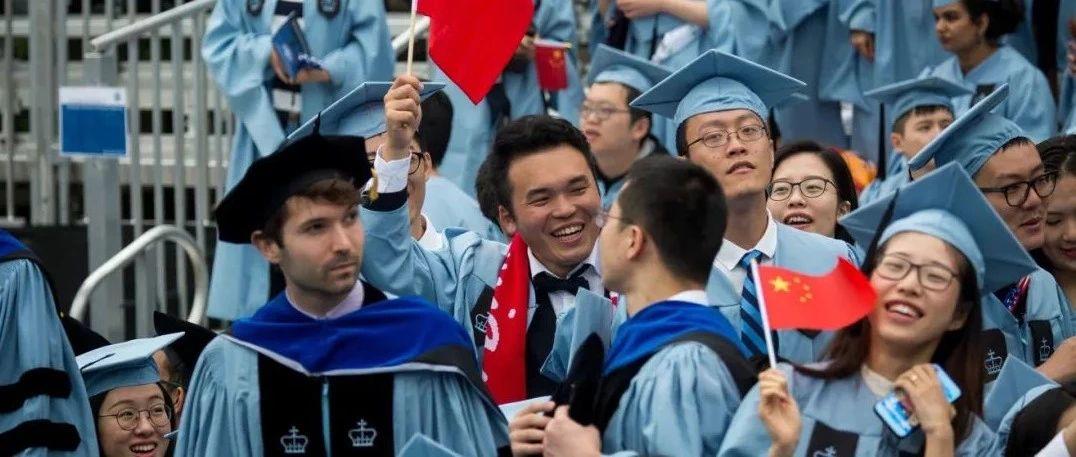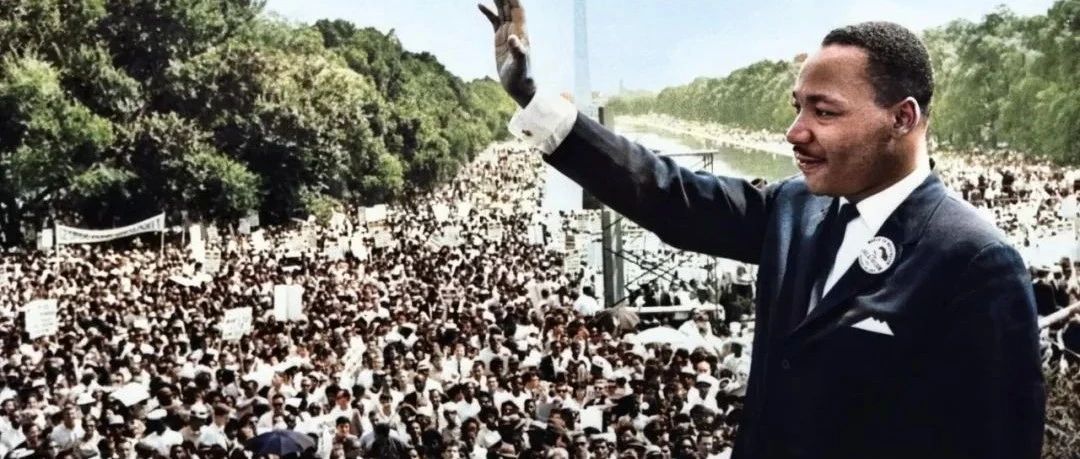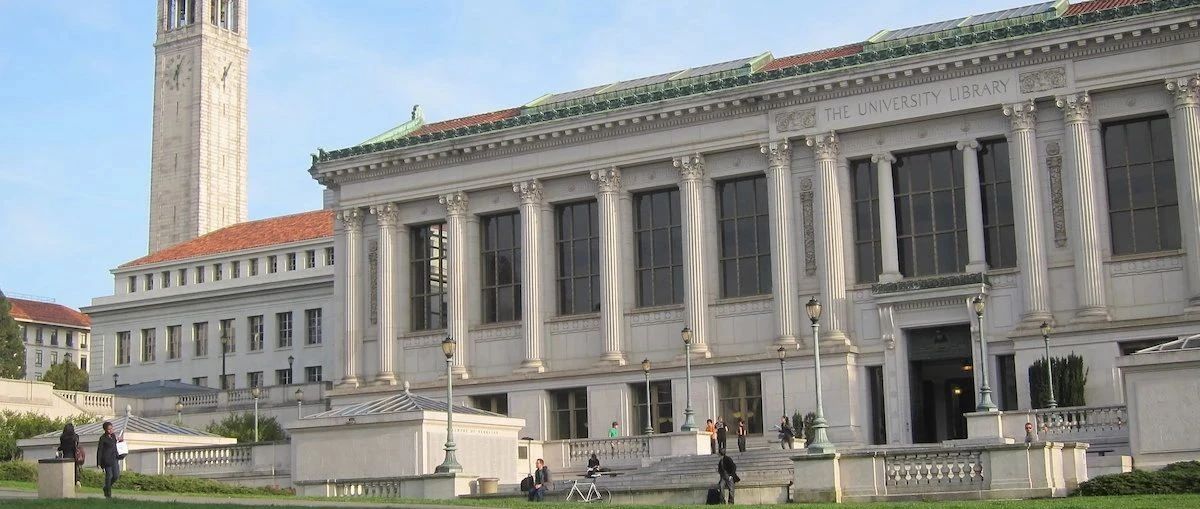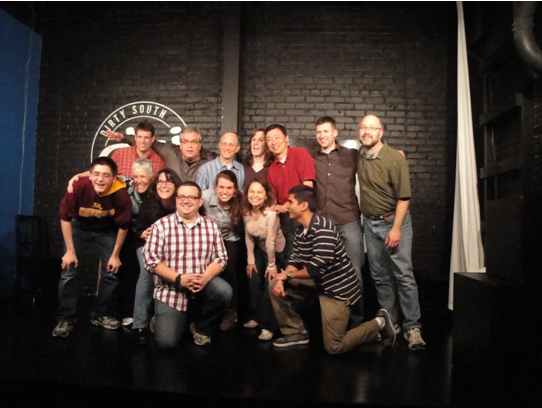
By Cheng Wang
It is hard to overstate the world’s growing interest in China, as if a sleeping giant has finally been awakened. Today, the world wants to know China more than ever before for political, economic, cultural and business reasons. When building casinos in Las Vegas or Singapore, for example, builders need know what the Chinese like; some houses in major American cities are designed with Chinese lifestyle in mind, having two kitchens, one for cooking Chinese food only. On the other hand, “China is too old, too diverse, too deep, and too complex,” an American who studies China frets, “I spend my whole life studying it and will die ignorant.”
I agree that even if you read about China all day, everyday, you might still only succeed in skimming the surface. Skin color, eyes, and hair show physical differences between people whose ancestors came from Western Europe and those whose ancestors came from Asia, but what is most dissimilar between the Chinese and the Americans is how our minds work. To offer a revealing glimpse into this puzzle, I choose to examine Chinese culture by discovering patterns in various aspects of our lives. Connecting the dots between the people today and our ancient past, some things never change, especially the core values inside us not only define who we are, but how we live our lives. The following analyses will depict the culture of a people with traditional morals that resonate in our everyday lives, perhaps subconsciously, values that are due in no small part to influences from our ancestors over 2,500 years ago.
The Doctrine of the Mean
“The average American household with at least one credit card has nearly $15,950 in credit-card debt (in 2012),” according to CreditCards.com, and the average interest rate runs in the mid to high teens at any given time. In contrast, Chinese people do use credit cards often, but make full payments each month and reap rewards from the credit card companies. This one habit leads to better credit scores, which qualifies people for the lowest interest mortgages when we need them. These loans become much more manageable over time. Foreclosures are daily headlines in the aftermath of the most recent severe financial and housing market crash, but Chinese families have mostly managed to avoid it. It’s not because we buy and sell properties at the perfect time; but by not over-leveraging and having access to favorable interest rates, we are able to ride out the bad times.
Somehow, this seemingly simple idea cannot be taught. Credit card did not even exist in China during the time most of us immigrated to America. Instead, Confucian “Doctrine of the Mean” sowed its seeds many generations ago and has become innate over time. “The virtue embodied in the Doctrine of the Mean is of the highest order. But it has long been rare among people,” in Analects. No one seems to give credit to Confucius for keeping millions of Chinese away from financial troubles in today’s “live now, pay later” American society, but that’s exactly how he taught us 2,500 years ago. Living life in moderation is like inheriting the best immune system against modern chronic financial “diseases”. This same logic may have worked in China for the last three decades of fast growth without a single economic recession, defying Western economic history. If Western forecasters keep missing the target in their predictions about the Chinese economy, the knowledge of its culture could be a missing element from their crystal ball.
Emotional and spiritual lives
Do Chinese people go out and seek consultation for their own emotional issues? It is rare, if ever. One would need to think twice before opening a psychiatric practice in a Chinese community to make a living. A feng-shui Master or a palm-reader might be far more lucrative. Chinese families fight like all others and the divorce rate is comparable to other ethnic groups. But we have an old saying that everyone seems to stick to religiously: family ugliness should never be made public. It is about saving face. On the other hand, moral rectitude and filial piety are essential traditional values emphasized in Analects. Obeying the moral strictures of one’s society and respecting elders and authority have played pivotal roles in our everyday personal interactions.
What about seeking spiritual consult? Most of the Chinese do not appear to need it. Supernatural faith was a topic of discussion put to an end by Confucius by emphasizing a practical approach to understanding life, not death, 2,500 years ago. Mao Zedong reinforced these ideas and put the last nail in the coffin in recent history. “Seeing is believing”, a saying that may not have originated in China, but we have the same version in Chinese. We must believe in our own ability more than anything else to handle the circumstances thrown at us. Nevertheless, from time to time in China and Chinese communities in America, there is a realization that something has been missing, especially in the last thirty years. After the God-like idol, Mao Zedong, died, no one could fill the void. This “faith crisis” has never disappeared from mainstream discussion, and it has been rated as number one of the top ten current social issues in China. After decades of fast economic growth, when many people have gotten more than they need for their everyday lives, it is only natural that more people start contemplating what else is out there worth living for. “Christianity Sweeps China”, an article in the November 2014, The Economist, could explain the growing emotional and spiritual needs among the Chinese today.
Healthcare
People of our generation (45-60s age groups) grew up poor and starving, yet nowadays, many Chinese seem to look a lot younger than their age. Chinese may represent the healthiest ethnic group in America especially when measured by how little we collectively spend on our healthcare. There is no data on the Chinese living in America, but if measured by spending on healthcare as share of income, it is 3.8% for China urban households from official 2013 data vs. 17.9% for the U.S. Squandering money won’t fix many chronic heath issues, but good habits with self-discipline can go a long way. The company I work for issues a total benefits statement from HR each year, indicating $8,000 as annual health insurance subsidy to me as one employee. I barely use one-tenth of that amount in any calendar year, but our employee-paid healthcare premiums keep going up each year. Needless to say others have used more than their share in the pool. It looks like a perfect system: people who don’t need it happily stay away and people who rely on it daily don’t feel guilty because someone else is subsidizing most of it. And it creates plenty of highly paid insurance jobs along the way for shoveling paper. It seems to be a “win-win-win” situation — until half of the population becomes obese, or worse, simultaneously nudging the world’s biggest economy over the brink of bankruptcy.
The Chinese are healthier not because we are born with superior genes or grew up in healthier living conditions. Living through the mid-60s to late 70s’ Cultural Revolution in China we experienced a severe shortage of all kinds of food with a few limited items by rationing. For example, cooking oil was rationed at 0.15 kilo (5.29 oz.) for one person per month in my hometown. The province leader of my northeastern city in China earned the nickname “Chen SanLiang”, which literally means “Five ounces Chen” and was known all over the country for making that stringent rationing rule.
Now that food is plentiful for everyone, obesity has become an epidemic everywhere we look, but concerns are not nearly as dire for Chinese people in America. People become more self-conscious and anticipatory in nature after living through the ebb and flow of countless political turbulence, famines, economic hardship, and now, an all-you-can-eat society.
Parenting
Some may believe that Brooklyn is the world capital of obsessive parenting. I would add, only until they come to know the young Chinese parents today. With the Chinese economy on a positive trend in recent years, as soon as young couples in major cities have steady jobs with the financial means to cover their daily needs, their children’s futures become the top priority of the whole family, often including the grandparents. One of my friends since college in China has a daughter in Beijing who just had her first child. They both mentioned to me that they are looking for a way to immigrate to North America for the sole benefit of having access to better education for that child, who is not even one year old. They are not alone among the people in major cities in China. Recent Xinhua News revealed that a family had spent more than an equivalent of $200,000 to buy a 40 sf apartment in the best school district of a major city in China. The apartment is too small to be habitable, but it is a sure ticket for their kid to go to that school. The most recent surveys show that nearly half of the wealthy Chinese plan to move abroad within 5 years (America is one of the top destinations) and their No. 1 reason is for a better future for the children.
In China, as well as in America, Chinese parents practice “obsessive parenting” as a reflection of their high expectations for their children, thus, paving specific paths the parents think are the best way for their children to accomplish lofty goals. As a result of all of this in general, the young Chinese are clearly better than average in their schoolwork, and later, their financial well-beings. But very few ever reach the top in any field. It is not hard to understand that very successful human beings are unlikely to be raised in authoritarian parenting environments; rather, they grow up in a self-driven and passion-oriented society. A question went viral online world-wide at one time: why can’t China create people like Steve Jobs? One should notice that Steve Jobs and many others in that elite group that have lived, or are living in this era in America, are not “created”. They are all self-made.
Education
“He who excels in study can become an official,” (学而优则仕) from Analects, is a Confucian motto for education most Chinese parents believe in whole-heartedly. A Bloomberg report indicates that in 2013 half of all international high school students coming to America were from China. Foreign students contribute over $30 billion each year to the American economy with Chinese families chipping in more than 1/3 of that gigantic pie. It is common for parents, and many times, grandparents, to sacrifice by saving up the funds necessary to send their families’ “only child” halfway around the world to American schools. Ironically, according to the latest 2012 OECD’s Pisa tests, Shanghai students earned the top ranking with the highest scores in all 3 subjects: Math, Reading and Science. Somehow, few Chinese parents feel like jumping up and down to cheer about this huge honor, and their burning desires to send their children across the Pacific have never been fiercer. In the meantime, American high school students ranked around #25 on the same test.
Questions continue to resound in American media: why does high spending not translate into high scores? They may have overlooked social and cultural factors that should have a lot more to do with it than the amount of money spent per student to produce high-scorers. In China, under the weight of societal pressure from parents, neighbors and school leaders, students strive to have better scores starting from their first day in elementary school. While Chinese parents wish to have an extra day in a week to be chauffeurs for their children, hopping to and from after-school tutoring sessions, American parents are more likely to protest about schoolwork overload. Most young people in China have no choice but to put their curiosities and sensitivities aside to work double time on passing tests constantly thrown at them. And all these tests are pretty much based on a “one question-one solution” model. Today’s “pressure cooker” kind of learning environment seems to suck the young life out of them, leaving no time and energy for free thinking and imagination.
My schoolboy years coincided with the Cultural Revolution during the mid-60s to 70s in China, when knowledge was considered to be poison to the soul. Intellectuals were ranked at the very bottom in social status — after workers, peasants, soldiers, merchants, landlords, and so on, famously labeled as “the stinking 9th” — the idea encouraged by Chairman Mao at the time, the most successful “peasant king” in the world. I spent a lot of free time reading the books I loved, when I was not in the farm fields learning from peasants or on factory floors learning from workers (I did spend several of my school years doing just that). Books were extremely limited at that time, so I often read some good books 3 times over and found it extremely beneficial. I still do it when I find great books today — like drinking Chinese tea, it is the third refill that will bring out the finest aroma.
Things are all different in China now. I often return to visit, and it was a few years ago when my niece was in high school. Every evening we went out to eat, she would do her schoolwork for the 30 minutes while we waited for the food to be served. A dozen people were sitting around the dinner table with us, yet no one appeared surprised because that was how a normal school kid should be in the eyes of society. When I was her age, I don’t recall burning the midnight oil, working to pass exams the way all students do in China today.
Then, in the 1980s, more elated than dismayed at my schooling age with no schools, envisioning the moon to be brighter on the other side of the Pacific, I hopped on a plane with borrowed money, migrating to this otherworldly land as it seemed to me at the time. My first “culture shock” in America was a movie I saw. My first American landlord asked me what kind of movie I’d like. War and action, I said. He recommended “First Blood”. Growing up in a conformist culture, following the group and trying to fit in was the only norm. Rambo had my jaw dropped and eyes wide open the entire time. The movie, the best action and war scenes I had ever seen with no clear line between right and wrong (distinctly contrasting with traditional Chinese literature), is all about individualist, depicting a culture of survival of the strongest to the core.
That was the mid-80s. I started out in America with $200 in my pocket as an economics graduate student at the University of Cincinnati. Delivering Chinese food was my first side job. I’ve pulled off over the years: Economics Ph.D program by training, principle tech staff by vocation, achieving financial freedom in my early 50s, enjoying our homes on both sides of the Pacific, and then some. For people who want to learn, they never stop doing it, and with great joy. For those under pressure to learn, they will more likely stop learning after passing each school test, especially once the first paycheck hits their bank account regardless of which top school they graduated from. School testing scores are hardly indicative of what people can do in their post-graduate lives. All the school leaders, parents and students are fully aware of that, but that happens to be the only “game” in the system especially in China.
Can learning be taught as a pleasure, a grace, and a joy instead of a race on a treadmill? We will leave it to the educators, parents, politicians and students in both countries to ponder the possibilities. Quite a list of household names in America, those who famously broke away from top colleges to pursue their own passions have created real-life success stories far beyond Hollywood’s imagination. It proves that there are much better ways to learn.
The meaning of food
“How to govern a state?” in Analects, a disciple asked Confucius. “Only sticking to three rules would do,” Confucius replied, “powerful military, abundant foodstuff, and people’s loyalty.” In Chinese history, countless uprisings were caused by severe famines due to natural disasters or political upheavals, which often led to the end of one dynasty and the start of another. Mao Zedong founded New China with the same strategy, followed by landless peasants who chose not to starve, but fight to the death. “People regard food as heaven,” (民以食为) a well-known axiom, emphasizes how important food means to people throughout Chinese history. Current Chinese leaders, with no exception, place stability as the first and foremost priority above everything else. It means food on the table for every family in a country with half of its population living in subpar conditions. Essential social stability is ensured by ample food to go around, which comes from sufficient job availability for those who want to work. Jobs are generated by sustaining a high enough level of economic growth. All of these are a result of massive government-directed investments even at the risk of overwhelming the capacity of the current economy.
In America, the same phrase “people regard food as heaven” has different meanings for the Chinese today. It is all about food qualities and authenticities. Not all Chinese foods are created equal. Most Americans can name quite a few major styles like Szechuan, Cantonese, or Peking duck. Some Americans, who like to experiment, could ask waitresses in Chinese restaurants if they have a separate menu for the Chinese, and be prepared for things like braised whole fish, chicken feet and pig tails. This is the starting point. Depending on how far you are willing to go, especially in southern China, almost nothing is off-limits. I have to say for a foreigner to understand Chinese people, its history, and culture, understanding Chinese food would be a good place to start (not the “Panda Express” you see around every corner in America). Foreign visitors in China would easily notice the importance of evening dinner; the atmosphere often reflects how things have gone during the day. Sometimes, the most important issues get worked out right there, after a few rounds of drinks. Coming to dinner prepared with what to say, and what to skip, is an art in Chinese culture.
Chinese families in America are among the least prone to going out to eat. Most of us seem to be born with a gift for cooking, thus, fast food is often regarded as the last resort. You will easily notice that most Chinese working professionals bring lunchboxes to the office. This ritual could explain part of the reason for decreased morbidity with first-world chronic issues like obesity and Type II diabetes. Family cooking at home can mean a lot more than just saving money. It is about family members being together and the only gathering time for that day. Kids growing up this way are more likely to understand and carry on the values of family dinners, such as more family time, healthier meals, sharing duties among members of the family, and last but not least, lower cost. How often can one have a ‘multiple birds with one stone’ scenario like this?
The art of relationship
Relationships are often referred to as “the key to the mint” in China. One prominent American businessman points out that “relationships, logic, then law” is the order of doing things in China, vs. “law, logic, and relationships” in America.
In Analects, the direct translation of relationship is “the way to deal with the world” (处世之道); it is an art (and way of life) for those who are very good at it. One college friend worked for years as a VP for a commercial conglomerate in Beijing. His only job function was to have dinners with people in crucial positions, government or private organizations. At one gathering of college friends in the mid-2000s, after a few drinks, he pulled out a phonebook, a small notebook with its color faded and pages creased from overuse. He boasted that there were 1000 contacts in it and he memorized every one of them by heart. One of our companions did not believe it, opened it up and randomly asked a few names. He responded with their phone numbers and affiliations instantly. This artist went on. One time in Beijing, he drove his Jaguar and got caught by the police when he made a left turn on red. “Let me make a phone call first,” he said to the police. That police officer then received a message over his walkie-talkie, and let him go instantly. We all started to believe him this time. Somehow, a few years later, after a few too many drinks, my artist friend said the wrong thing to the wrong people. He left his position and came to America. Like being in exile, he grumbled to me while sipping wine at my dining room table, thousands of miles away from Beijing.
The artistry of relationships can be profound in Chinese culture. For foreigners who want to understand it, it is more about suggesting rather than overtly articulating. Therefore, the true meanings are often implied between sentences in a crucial conversation. “Overdoing is worse than underdoing,” (过犹不及) Confucius emphasized. The best is to be “just right”. The direct translation is “master the inches” (把握分寸). Wouldn’t that be generally true for all forms of art? Analects, the book with 20,000 words, examines almost all kinds of relationships in great detail, such as: between friends, father and son, brothers, husbands and wives, emperors and officials, which laid the moral rectitude and filial-piety foundation for feudal systems to be devised and thousands of years of harmonious society to be formed. But it has no single mention of Law. In essence, the order of “relationship, logic, law” for doing things in China has deep roots in the culture. On the other hand, “overdoing it” could be disastrous. Many high-ranking government officials and foreign Corporations in China think that they are untouchable by playing well with “relationship”. They forget that to “master the inches” would be the key. In the meantime, “law” in China has moved much higher in the rank these days.
After all, there is a common sense, which is not much different in America in many ways. Handling relationships well is one of the most important attributes for anyone anywhere to have a chance to succeed in career and in life. Some customary differences in the two cultures are worth paying attention to. Most obviously, in America, we often refer to one another on a first-name basis including our supervisors in formal or informal encounters. It instantly creates a personable and relaxed environment so distinct to American culture, which often breeds unique and widely recognizable American humor. On the contrary, for the Chinese, a title always needs to follow a surname, especially at work. Using only the first name for the boss would be tantamount to a career-suicide.
In corporate America, “The squeaky wheel gets the oil” may sound cliché, but it is often true. If some Chinese feel the bamboo ceiling is limiting their growth potentials, part of it could be us. To me, technical skills are often overrated vs. people skills. A psychological study reveals that 25% of success is from technical skills, the other 75% is from social connections and how we process the world. Imagine if others like what you have to offer, and more importantly, they enjoy working with you, your potential would be far beyond what you can imagine.
A melting pot
This “melting pot” has embraced everyone who is willing to participate. Those of us who aren’t often choose to stay inside the communities, but ready to step outside for a street rally at moment when they feel violated (such as by a hurtful joke in the media, a bill that could hurt our children’s future, or a local budget cut affecting our children’s learning opportunities). The Chinese grew up in a tradition, according to Confucius, “losing face is the worst thing that could happen to a man, worse than death.” (仕可杀 不可辱). In America, this trait of prioritizing our “face” over our heart might not represent the best side of a people, and is unlikely to gain understanding from the general public. It would be better if we could let go of the obsessions of our old identity somewhat, and start embracing our new identity, the one that we all have chosen as part of this “melting pot”.
Questions raised to ourselves reverberate: should we be more blended in, more locally involved, more adapted to this fascinating culture, and more generously giving back? In short, should we assimilate and fit into this much bigger picture surrounding us? Would all of that, added to our own financial independence and the success of most of our children, lead to a much richer and more fulfilling life?
“The best way to find yourself is to lose yourself in the service of others,” said Gandhi. It could point us a way to find our new identities in this cultivating “melting pot”, where everyone can be blessed with the essences of the two most influential and complementary cultures in the world.
(The author Cheng Wang (王成) currently lives in Cary NC. He is fully responsible for all the opinions in this article. Any feedbacks and suggestions can be sent to: [email protected])
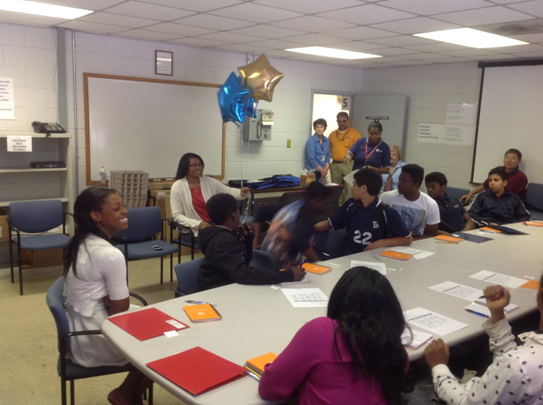
A discussion session during a local community-in-school event, a national high school students mentoring program (2014)

A job tutoring session during a local Community-in-school mentoring event (2014)
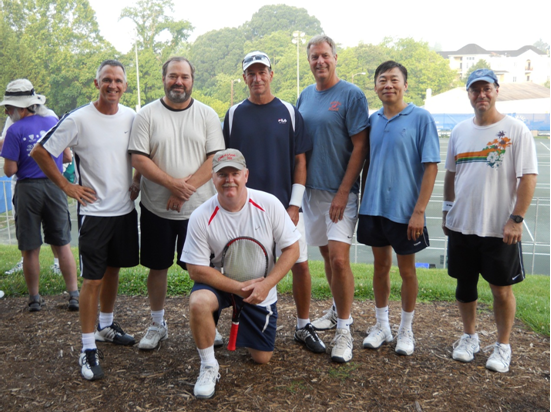
Cary Tennis League team playing at the USTA NC State Championship, Asheville NC (4 years in a row 2011-1014)
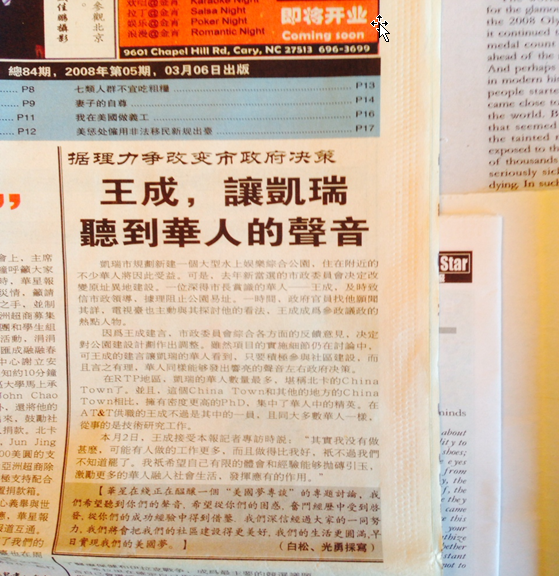
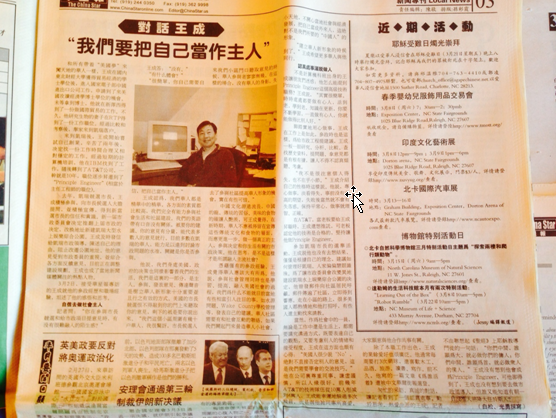
Some previous local involvements
